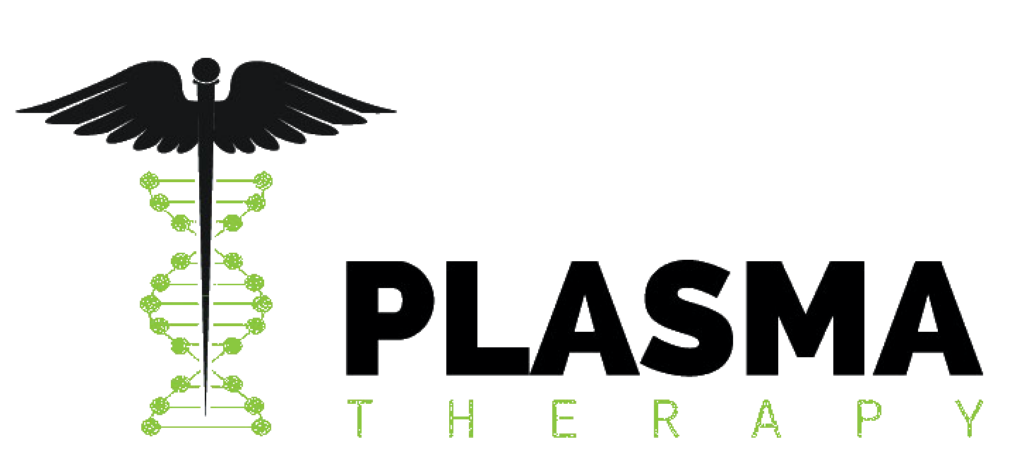Donating plasma is an extremely valuable way to help others in need. Plasma contains proteins that are used to create lifesaving medicines for people with chronic illnesses and disorders. However, to have a safe and smooth donating experience, it’s important to properly hydrate before, during, and after the donation process. This article will provide a comprehensive guide on recommended water intake before donating plasma.
Understanding Hydration and Plasma Donation
Water makes up over half of the human body’s composition and is essential for many vital bodily functions. It helps transport nutrients, remove waste, regulate temperature, lubricate joints, and protect organs and tissues. When donating plasma, water plays a key role in replacing the fluid volume lost.
The plasma donation process removes anywhere from 600 to 880 ml of plasma from your blood using a technique called plasmapheresis. During this process, whole blood is drawn from your arm through sterile tubing into a specialized machine that separates out the plasma and returns the red blood cells back to you. This cycle is typically repeated multiple times during one donation session.
If you’re not properly hydrated before your plasma donation, the water content of your blood can drop too low. This leads to dehydration, which causes complications like dizziness, nausea, cramping, and fatigue. In severe cases, it may also result in fainting or seizures if proper precautions are not taken.
Recommended Water Intake Before Donation
General Guidelines
Medical experts typically recommend drinking about 8-10 glasses of water daily, or around 2 liters, to maintain optimal hydration levels. However, water needs can vary significantly based on factors like age, gender, activity level, and climate. It’s important to pay attention to your body’s signals and adjust your fluid intake as needed.
Specific Recommendations
To ensure adequate hydration before your plasma donation:
- The day before donating: Drink at least 8-10 glasses of water spread throughout the day leading up to your appointment. This will give your body time to absorb the fluid.
- 3 hours before donating: It’s recommended to drink a minimum of 3 good-sized glasses of water, or around 750 ml, in the 3 hours prior to your donation. This tops off your fluid levels right before starting. If you’re a new donor and haven’t had sufficient water, it’s advisable to reschedule your appointment. For regular donors, the staff may make slight adjustments during the process based on the plasma center’s guidelines.
Additional Tips
- Opt for water over sugary or caffeinated beverages, as water is absorbed faster and more efficiently by your body.
- Monitor the color of your urine as an indicator of hydration. Pale yellow to clear urine means you’re well hydrated, while dark yellow suggests dehydration.
- Don’t ignore feelings of thirst – drink more water if your body is telling you it needs it.
Importance of Following Plasma Center Instructions
While the recommendations provided in this article serve as a general guideline, it’s crucial to follow the specific hydration instructions from the plasma donation center you’ve chosen.
Plasma centers often have their own protocols in place based on the plasmapheresis machines used, the length of procedures, and other factors. They also do individual assessments to determine each donor’s appropriate fluid intake. Contact your plasma center ahead of your appointment if you have any questions or concerns about their hydration recommendations.
Closely adhering to your plasma center’s guidelines is key for having a safe, effective donation experience.
Potential Risks of Dehydration During Donation
Donating plasma affects hydration levels because it directly removes water volume from your blood. If you start the process already dehydrated, it can quickly exacerbate the issue.
Potential complications of donating plasma while dehydrated include:
- Dizziness or lightheadedness
- Nausea
- Muscle cramping
- Fatigue
- Fainting or loss of consciousness
Staying well hydrated before your appointment is one of the best ways to prevent these unwelcome side effects and ensure your plasma donation goes smoothly.
Additional Tips for Maintaining Hydration
Here are some extra pointers for staying hydrated in the days and hours leading up to your donation:
- Carry a reusable water bottle with you throughout the day to make sipping water easy and accessible.
- Set reminders or alarms on your phone to drink water at regular intervals. Apps like Plant Nanny can help track your intake.
- Eat fruits and vegetables with high water content such as cucumbers, watermelon, grapes, oranges, celery, etc.
- Avoid excessive amounts of caffeine and alcohol, as these have dehydrating effects on the body.
Conclusion
Being well hydrated before a plasma donation is crucial for a safe, comfortable experience. General guidelines recommend drinking at least 8-10 glasses of water the day prior, then 3 good-sized glasses in the 3 hours before your appointment. However, following your plasma center’s specific recommendations is most important. Monitor your hydration by paying attention to thirst, urine color, and any feelings of dizziness. And remember to keep drinking water consistently in the days following your donation to fully rehydrate. With proper fluid intake, you can be confident your plasma donation will go smoothly.
If you found this guide on hydrating before plasma donation helpful, please share it with friends or family who may be interested in learning more about the plasma donation process. We also invite you to leave any comments or questions you may have about your own experiences with hydration and plasma donations below. Our goal is to provide the plasma donation community with useful resources to stay healthy and avoid complications related to dehydration.

